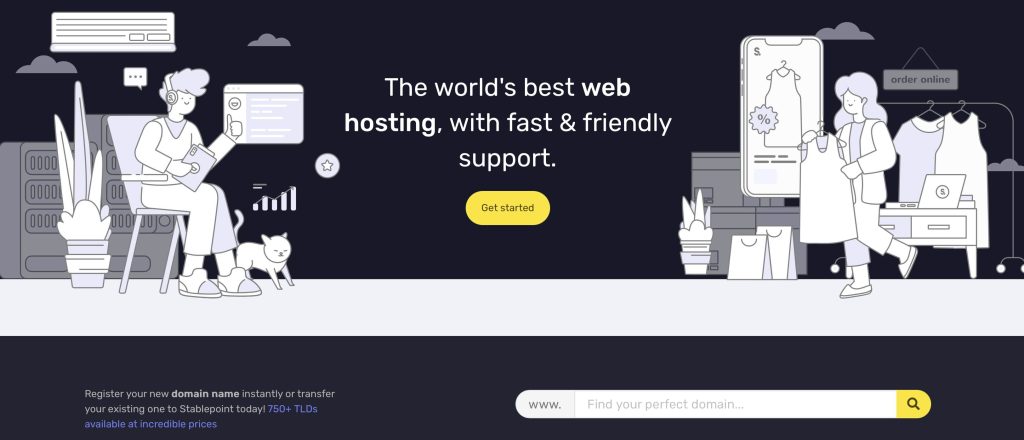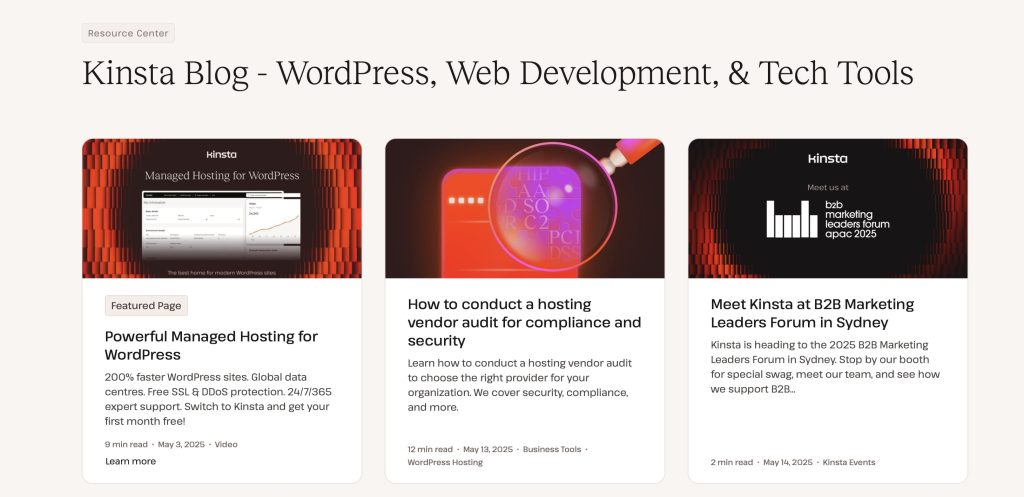Although I may be a bit biased, I still can’t recommend any other CMS other than WordPress to new bloggers.
The publishing, editing, and structuring of your content in WordPress only got better over time.
They got so popular that over 42% of the websites online use WordPress as their go-to.
This not only includes blogs. Those include large entities, SMEs, and startups that use WordPress as their preferred content management system.
Affiliate Disclosure: Some links might be affiliate links. I might earn a small commission when you buy through my links. If you do, please know I only support brands or companies that I either use myself or fully believe are beneficial for my readers. Thank you!
I am, however, referring to the open source version (.org), which allows you to download and host it anywhere you like.
The commercial version (.com) has severe restrictions in place, and even the lower-tier plans force you to upgrade to remove ads displayed on your website.
So, always pick the free version and match it with a web host of your choice.
Some of my preferences are:

Why I Choose WordPress
It gives me freedom. You could host or start a blog with other platforms like Wix or Framer, but those are closed-source, and it’s very difficult to migrate somewhere else.
I don’t like to get vendor-locked by entities, and WordPress prevents that. Imagine if you’re starting a blog in Wix, but they decide to hike their subscription tomorrow.
That means either pay or move your content and undergo an entire reset.
If my web host decides to increase their plans, or I am not happy with the performance, I have 330,000 other web hosting companies to choose from and migrate my entire blog in a few hours or less.
Design Limitations & Theme Selection
I am a big fan of the new block editor WordPress launched. Even this blog is built with the WordPress 2025 theme, and I tend to keep it as lightweight as possible.

The great thing about WordPress is that there are thousands of free and premium themes available. You could either go with the marketplace on WordPress.org or check Themeforest for a more premium selection.

Even though WordPress requires a bit more of a learning curve, it’s worth learning the basics, and most themes can be downloaded, plugged in, and are ready to go.
There are virtually no limits to what you can do in WordPress.
Community Support
With more than 40% of the websites built in this CMS, this alone is a strong indicator of how much you can expect from community support or designated forums, including Reddit.
Even web hosting companies specializing in WordPress (like Kinsta) have dedicated blog posts about problems with immediate, user-friendly solutions.

99% of the issues have been solved in public, which makes the job easier for you in case you run into an error. Even now, with ChatGPT or Claude, you can probably find faster solutions.
What’s important for me is the supply of freelance WordPress developers. There’s one on every corner of the street that can fix any issue at a fair price.
That’s important for me, because there’s no shortage of resources (free and paid).
- Documentation can be found everywhere
- It’s documented by expert bloggers
Those safety nets are probably why so many new bloggers use WordPress.
Final Note
I will die on this hill that WordPress is the best blogging platform out there. No matter how much experience you have or lack.
Sure, there are drawbacks, and it might require some learning curve, but it’s a good skill to learn.
What matters the most is that you’re always in control.
- Switch host? No problem.
- Change the design or layout? No Problem
- Have an issue? No problem at all
Platform risk is real. WordPress (.org) will give you the ultimate freedom and flexibility, not worrying about being locked out anywhere.
For $70 per year, you can have your blog up and running, including a .com domain name.
It’s a cheap price to pay when you plan to monetize your niche blog to the moon, up to 4-6 figures.

